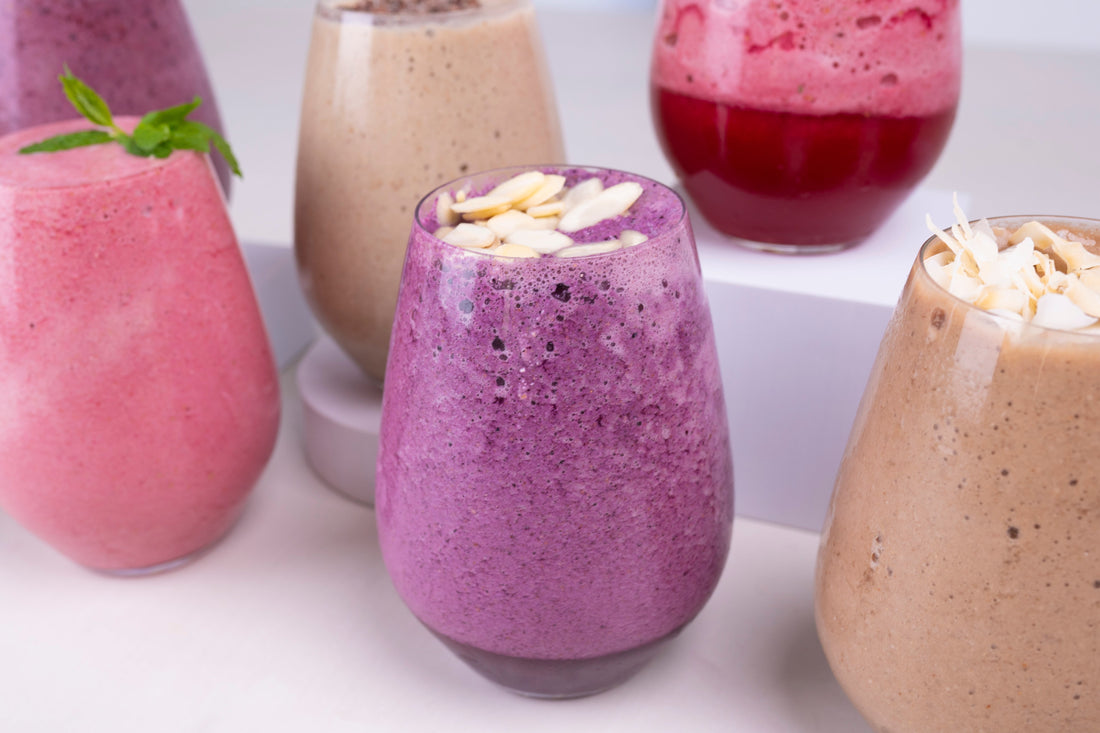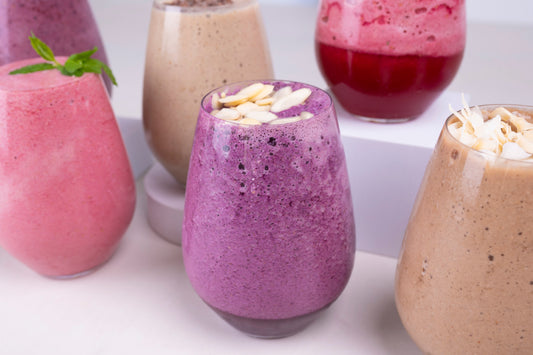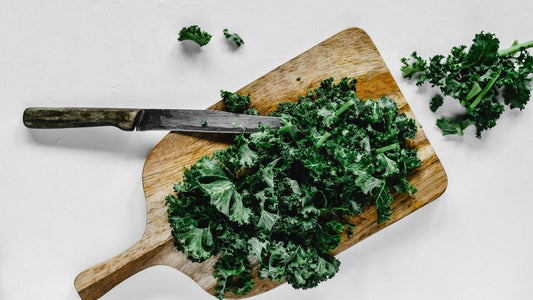
Protein is one of the most important macronutrients your body needs. It’s essential for building muscle, maintaining healthy skin and hair, producing enzymes and hormones, and keeping your immune system in check. But despite its importance, many people unknowingly consume too little — especially if they’re following restrictive diets, skipping meals, or relying heavily on processed or convenience foods.
If you're wondering whether your body is getting the protein it needs, here are five clear signs to watch for:
1. You’re Constantly Hungry – Even After Eating
One of the earliest signs of protein deficiency is persistent hunger. You might be eating three meals a day and snacking in between, but if those meals are low in protein, they may not be satisfying.
Protein helps regulate appetite by reducing levels of the hunger hormone ghrelin and increasing levels of satiety hormones. Without enough protein, your blood sugar can spike and crash, leaving you feeling ravenous shortly after eating — especially craving carbs and sugar for a quick energy fix.
Tip: Add a source of protein to every meal — eggs at breakfast, Greek yoghurt for a snack, chicken or lentils in your salad, or protein powder into your smoothies — to help keep you fuller for longer and reduce mindless snacking.
2. You’re Losing Muscle, Not Fat
If you’re cutting calories or increasing your physical activity but not eating enough protein, your body might start breaking down muscle tissue for fuel. Over time, this can lead to muscle wasting, reduced strength, and a slower metabolism — making it harder to maintain a healthy weight.
Protein is essential for muscle repair and growth, especially after resistance training or high-intensity exercise. Without it, your efforts in the gym may not translate into results, and recovery will be slower.
Tip: Aim for a high-quality protein source after workouts, such as a protein shake, to support muscle maintenance and repair.
3. Your Hair, Skin, and Nails Look Dull
Protein isn’t just about muscles — it’s a key structural component of your hair, skin, and nails. If you’re noticing more hair in your brush, brittle nails that break easily, or dry, flaky skin, it might be a sign your body isn’t getting enough of the amino acids needed to regenerate these tissues.
Keratin (in hair and nails) and collagen (in skin) are both types of proteins. A low-protein diet means your body may prioritise protein use for vital organs and functions, leaving less for things like hair growth and skin elasticity.
4. You’re Feeling Weak, Tired, or Foggy
Low energy levels, mental fatigue, and poor concentration can also stem from a lack of protein. Protein plays a key role in oxygen transport (through haemoglobin), enzyme production, and cellular repair. Without it, your body may struggle to produce energy efficiently.
You might find it harder to get through your workouts, lose focus in meetings, or feel generally drained throughout the day. This can also be linked to low levels of iron and B vitamins — nutrients commonly found in protein-rich animal products.
Tip: Make sure you're getting protein from a variety of sources — not just plant-based (like tofu, beans, and grains), but also animal-based if possible, to ensure you're getting complete amino acids and vital micronutrients.
5. You’re Getting Sick More Often
Protein is a major player in your immune system. Your body uses amino acids to build white blood cells, antibodies, and other immune factors that defend against viruses and bacteria. When your intake is low, your ability to fight off infections can be compromised.
This can lead to more frequent illnesses, slower recovery from colds or flu, and even delayed healing from minor wounds or injuries. If you’ve noticed that you’re catching everything going around or just can’t seem to bounce back, your protein intake might be worth checking.
If these signs sound familiar, it’s worth reassessing the balance of your meals. While carbs and fats are essential too, protein often gets sidelined — especially with the rise of grab-and-go meals, plant-based trends, or dieting.
By making protein a priority, you’ll not only feel more energised and focused, but you’ll also support your body’s long-term health, strength, and resilience.

Sign up to the Lifestyle
Your motivation and wellness fix, straight to your inbox











